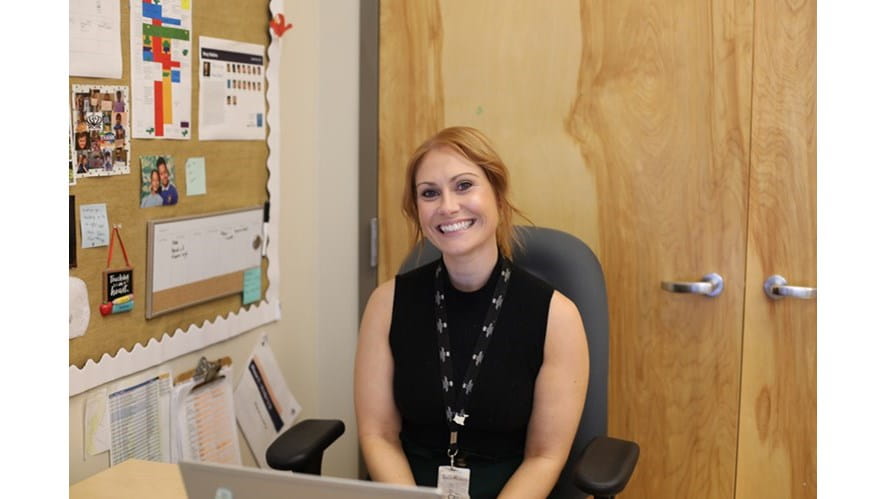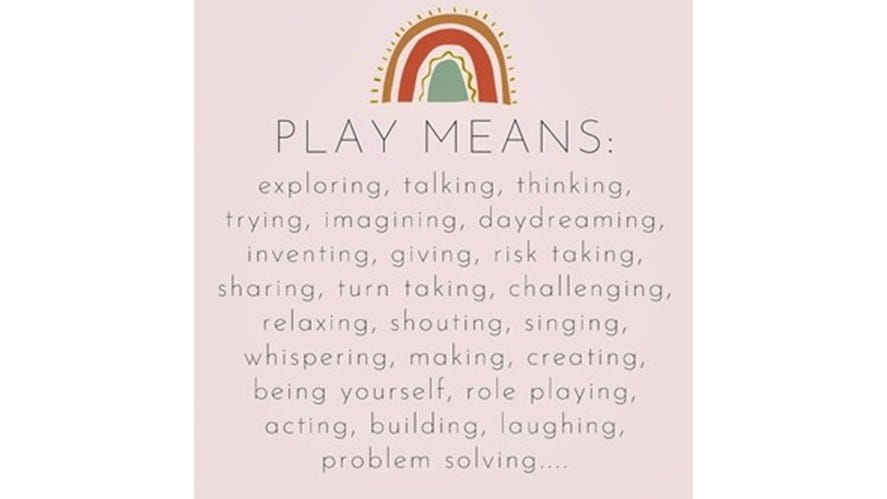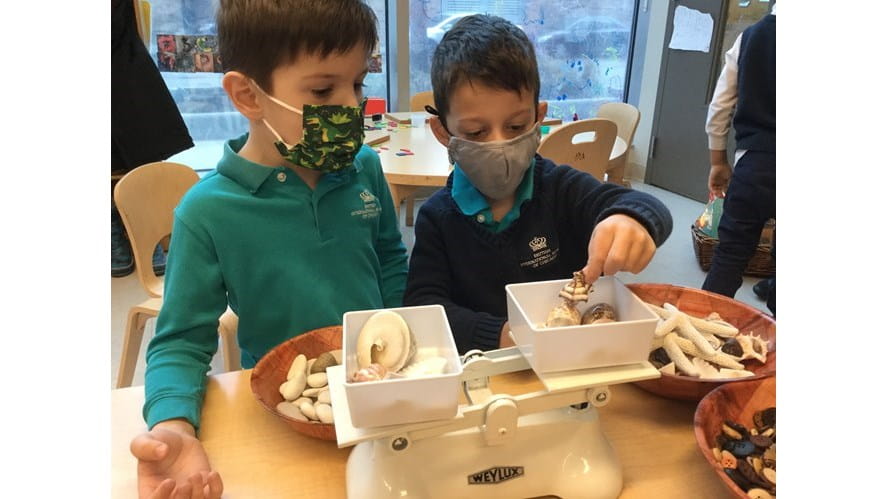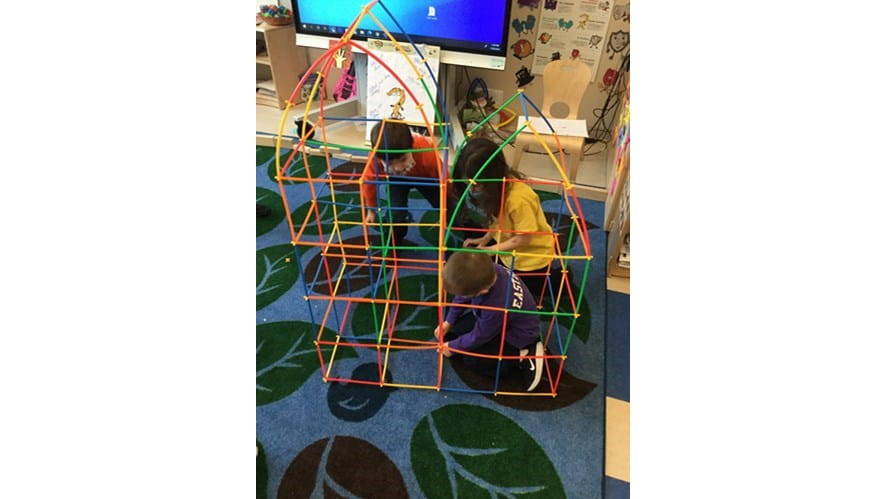We use cookies to improve your online experiences. To learn more and choose your cookies options, please refer to our cookie policy.

Playing features highly in early education. A word commonly preceded by ‘just’, it is often an aspect of learning that is misunderstood and, because of this, can be undervalued for the profound role it plays in learning. Albert Einstein is famously quoted as saying ‘Play is the highest form of research’ and, if you visit a classroom where play is promoted and nurtured, it is clear to see this. Play is the means by which we investigate, solve problems and make discoveries and this is not resigned to early childhood. Think of a time when you have opened a box of flat pack furniture to discover an indecipherable set of pictorial instructions. You work through them as best you can only to end up with an alarming number of screws left over and an entertainment center that would be lucky to withstand holding the weight of that bag of left-over screws, never mind a television. You give up on the instructions and you work through a process of trial and error to eventually end up with a piece of furniture that is fit for purpose and that somewhat resembles the image on the front of the box. This is purposeful play in action.
The benefits of play nurture all aspects of development supporting children to progress cognitively, socially, emotionally and physically. It is an intrinsically motivating and stimulating way to give hands on experiences that support the development of skills, concepts, language acquisition, communication and focus to name a few. Lev Vygotsky, a key child development theorist, explained that ‘In play, a child is always above their average age, above their daily behavior. In play, it’s as though they were a head taller than themself.’ This is but one of the many benefits of play. Other benefits to consider include that:
These are merely a few of the benefits of play, but it already seems that ‘just playing’ may be a little underwhelming of a representation for what is actually taking place.

Adults are by no means surplus to requirements. An adult’s role may be as a facilitator or a collaborator and more often than not, both. Guided and self-initiated play each have their place. Self-initiated offers the children autonomy. This motivates, stimulates and engages. Asking simple questions such as ‘Why do you think that is?’ or ‘What would happen if…?’ are enough to offer additional provocations for thinking to elevate the learning already taking place, whilst offering a chance to model and expand language. Guided play offers the opportunity to target specific skills that we want the children to develop. This can involve setting up invitations to play with a specific goal in mind. A role play picnic could offer the opportunity to share things evenly and rehearse counting skills, whilst playing a board game may lend itself well to supporting turn taking skills.
Recently, following a cold spell where the children had largely been playing inside, a group of children discovered some ice in the outdoor area. This of course caused great excitement and a rush to get as many children as possible to come and look and share in the excitement. The ice had formed in pots and pans which led to the first conundrum. Lots of children wanted to play with it but there was only a limited number of pans with ice inside. The children eventually decided to share the ice out into other vessels they had found to allow more children to have a share. This then led to the different groups of children explore the ice in various ways. Some used it in role play and created an ice cream shop where they invited people to place their orders, made their ice cream according to their own recipes and completed transactions with their customers. This involved a great deal of language exchange as well as creating an organized process that all the children had agreed upon. Alternatively, another group decided they wanted to find a way to break the ice into smaller pieces. This involved both discussions about doing this safely as well as them asking lots of questions as they considered their options and the tools they had available. This play became more investigative in nature than the role play game, but each offered lots of opportunities for development. Alongside this play, the introduction of ice led to discussions about why and how the ice had formed and what would happen to it as the day went on.


This goes to show how the multifaceted, multisensory nature of play leads to a wide range of learning opportunities, even within one brief period. It is here that an adult can support in developing the play as well as encouraging the children to revisit it at a later time. Play is powerful. Play is purposeful. Play is an essential part of childhood and an essential part of learning where a child begins to learn how to learn. So, let’s consider reframing the phrase ‘just playing’ to something more befitting of this key component of child development and give it the credence it deserves. The higher the value placed on play by the adults around them, the more empowering it will be for the children and ultimately more impactful.